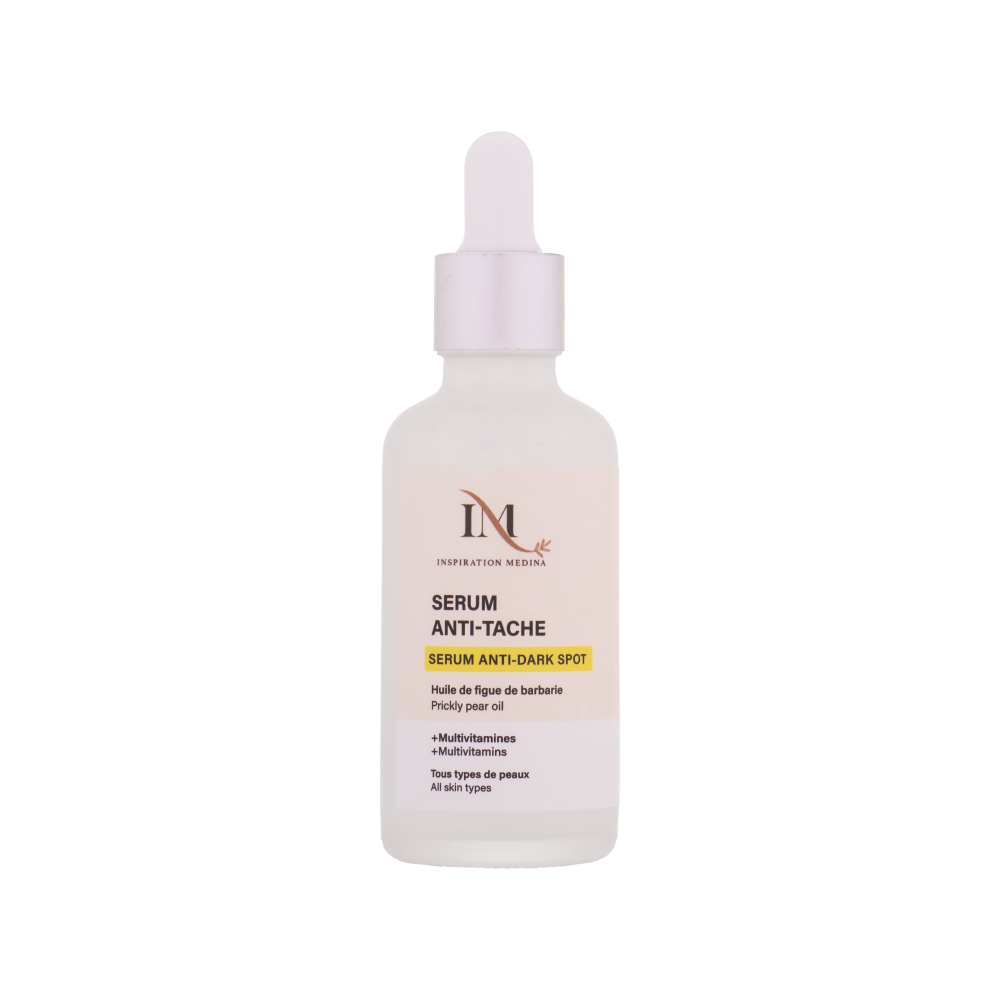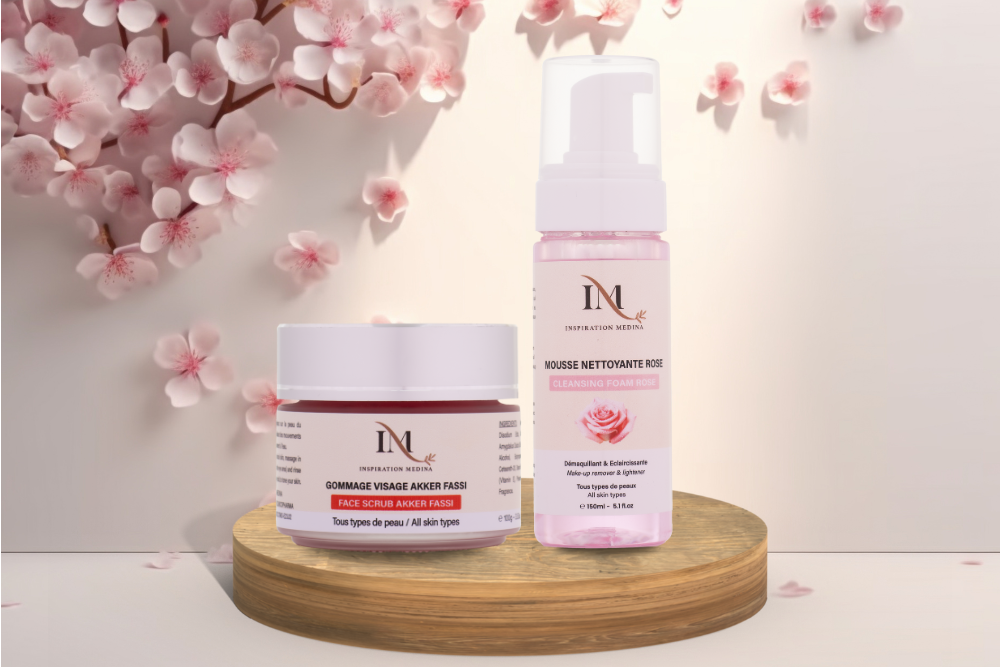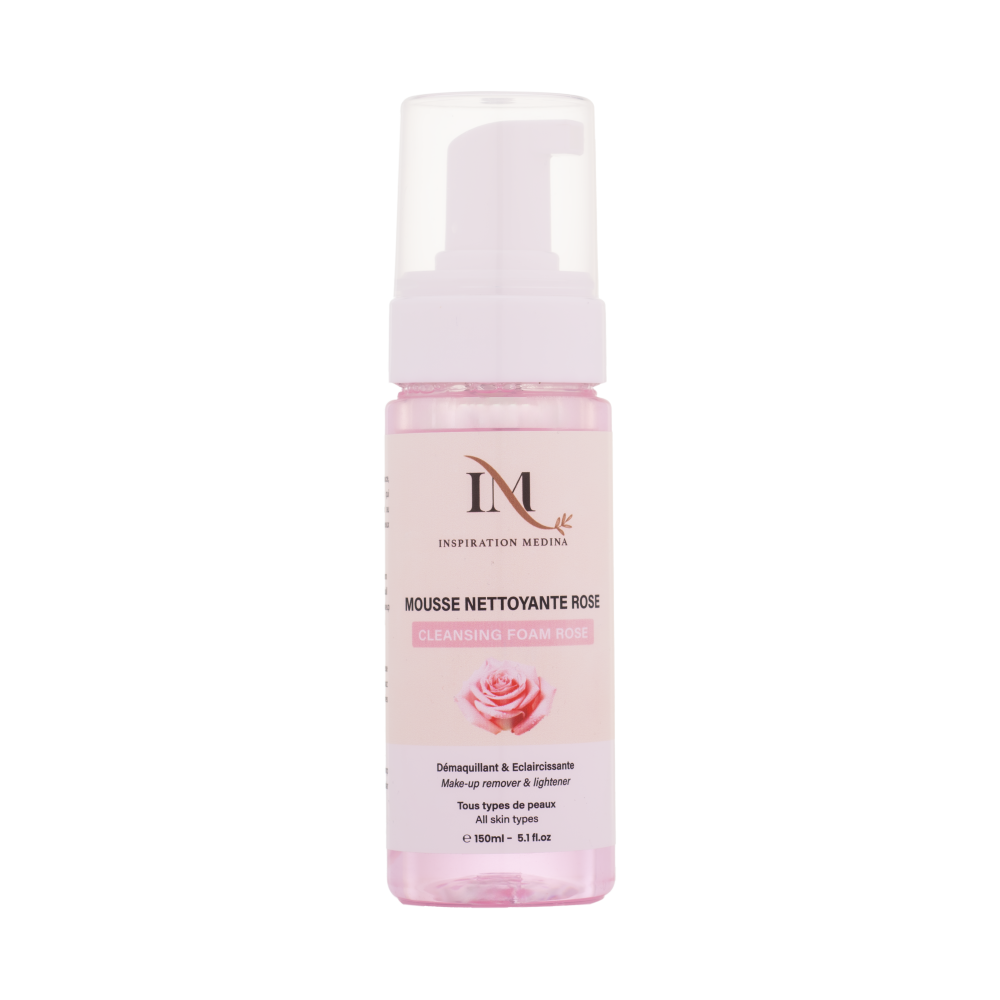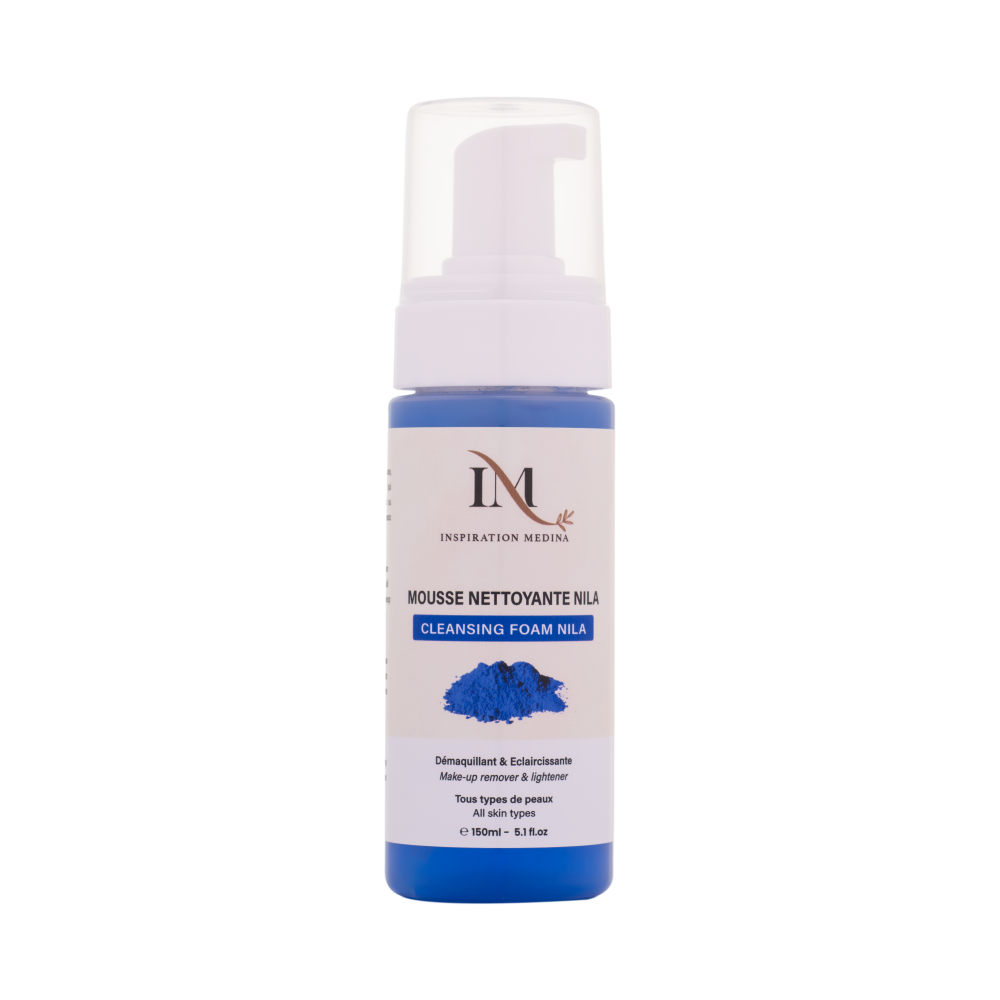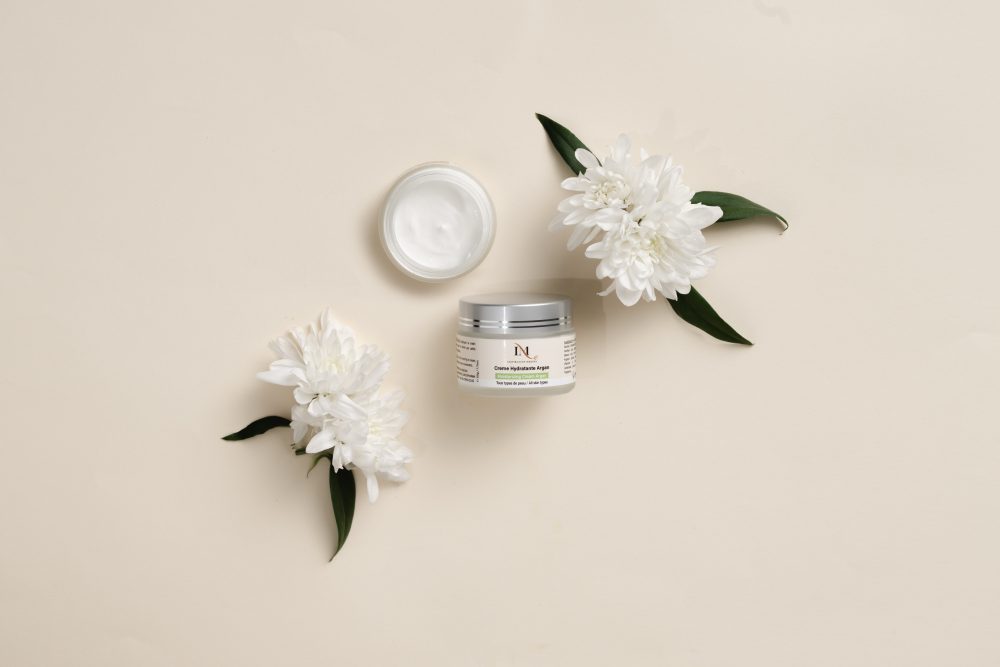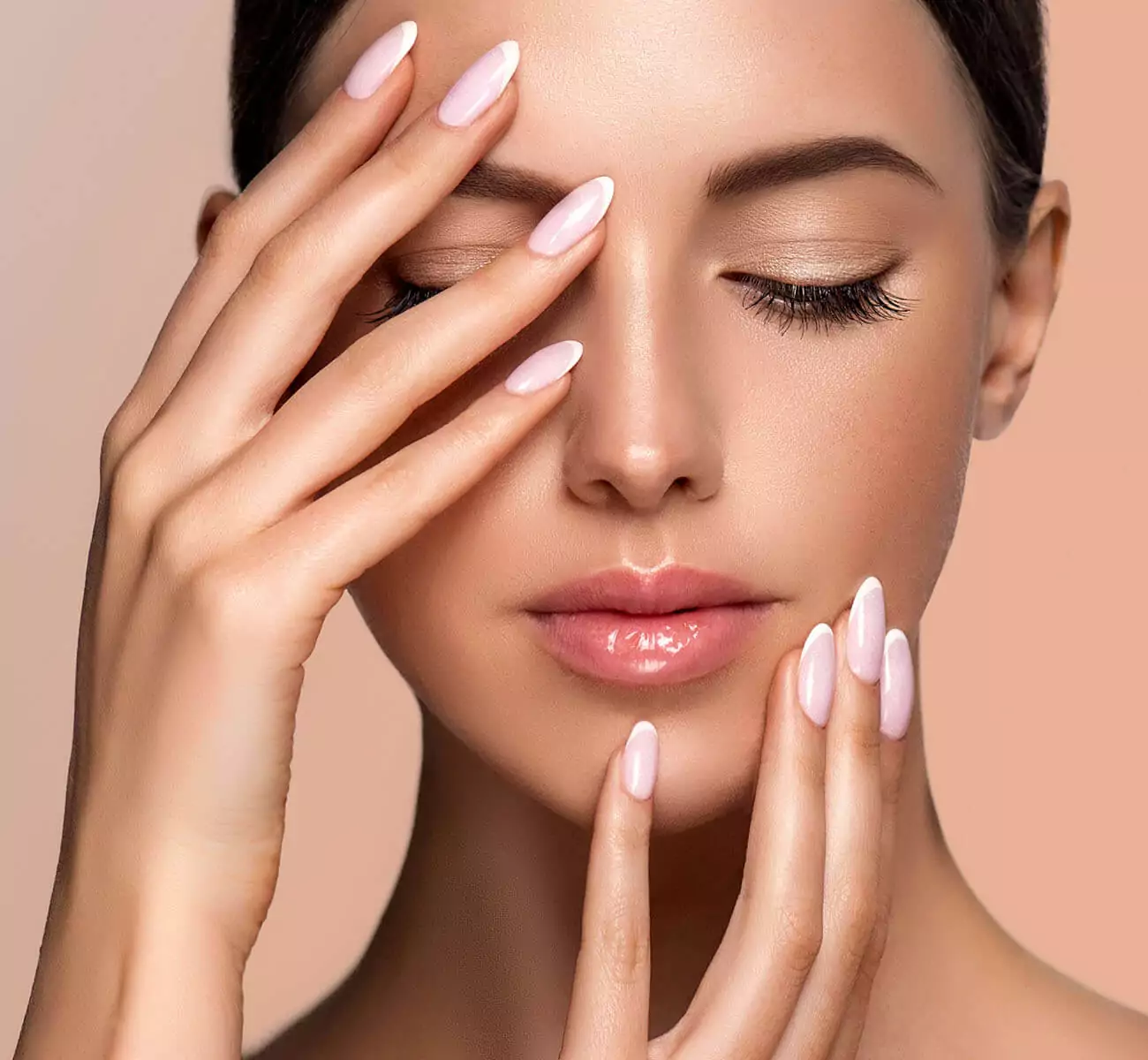No products added!

As a result, people feel malaise (a general feeling of unwellness), fatigue, headache, and other physical symptoms. Many hangover symptoms arise due to detoxification, the physical process of ridding the body of toxic chemicals caused by alcohol consumption. Enzymes, mainly in the liver, metabolize (break down) alcohol, releasing a poisonous byproduct called acetaldehyde. This causes oxidative stress (an imbalance between helpful antioxidants and harmful free radicals that can lead to disease), marked by excess toxins in the body. The following quiz is called the AUDIT which stands for Alcohol Use Disorder Identification Test. It’s what medical professionals use to assess the risk level of their patients for alcohol dependence.

Alcohol Induced Panic Attacks: What Are They and Can You Stop Them?
- Alcohol withdrawal can cause severe symptoms due to these neurochemical imbalances.
- These signs may include increased feelings of anxiety or depression, difficulty controlling alcohol intake, experiencing withdrawal symptoms, and using alcohol to cope with stress or emotions.
- In conjunction with traditional treatment, this form of therapy can also help people overcome alcohol use disorders.
- Over time, your tolerance to alcohol increases, which means you need more and more of it to get the experience of ease and relief.
- As the alcohol wears off, though, the nervous system can go into a hyperactive state, increasing anxiety.
Social withdrawal is not uncommon, as people may isolate themselves to manage their symptoms. Increased alcohol consumption to self-medicate anxiety can create a harmful cycle, worsening symptoms over time. alcoholism Many people turn to alcohol as a way to self-medicate their anxiety. Drinking can provide temporary relief by producing feelings of relaxation and euphoria. It can also lower inhibitions, making social situations feel more manageable for those with social anxiety.
What is the link between alcohol and panic attacks?
- Prospective relative risk avoids problems related to retrospectively examining the order of onset.
- For example, if an anxiety disorder maintains alcohol misuse, effectively treating the anxiety should reduce alcohol use and reduce the likelihood of relapse after treatment.
- Many people are familiar with the feeling of having a few drinks to help them ease into social situations.
- One of the many dangers of alcohol is that it can cause panic attacks.
- Recognizing these effects and seeking help is an important step toward improved mental health and sobriety.
- They can be impactful by creating a safe space to share experiences with others who understand what you’re going through.
Symptoms include racing thoughts, panic, guilt, and irritability that often last into the next day. While dehydration does not cause anxiety, these conditions are related. In addition to the physical symptoms, dehydration triggers the release of stress hormones, impacts neurotransmitters, and disrupts cognition (thinking ability), all of which can contribute to feelings of anxiety or panic. While panic attacks themselves are not life-threatening, seeking medical evaluation can provide reassurance and rule out other serious conditions. Additionally, for those experiencing frequent panic attacks due to alcohol use, it may be a sign that professional treatment is needed. If you struggle with an anxiety disorder, the most honest answer is that you probably shouldn’t drink alcohol.

Dialectic Behavior Therapy (dbt) and the DEAR MAN acronym: a roadmap for effective communication
Both acute intoxication and cessation of prolonged drinking may lead to increased anxiety and panic episodes in susceptible individuals. It affects brain chemistry, particularly GABA, a neurotransmitter that normally has a calming effect. While small amounts of alcohol may can alcohol cause anxiety attacks initially reduce anxiety, heavy drinking can deplete GABA, leading to increased tension and panic. Many individuals with anxiety disorders may turn to alcohol as a means of self-medication, seeking temporary relief from their symptoms. However, this pattern of alcohol use can ultimately exacerbate anxiety and lead to the development of alcohol dependence or alcohol use disorder (AUD).
People who struggle with trauma and other mental health issues are more likely to abuse alcohol. There is a clear relationship between alcohol independence and mental health. Yes, alcohol can trigger panic attacks in susceptible individuals due to its effects on the central nervous system. By Sheryl Ankrom, MS, LCPCSheryl Ankrom is a clinical professional counselor and nationally certified clinical mental health counselor specializing in anxiety disorders. Other researchers have proposed a genetic link influencing a person’s anxiety level and alcohol consumption.

The Important Questions We Should Ask Ourselves About Drinking, But Don’t
Sometimes, it’s mild, and other times, it can culminate in severe panic attacks. Several factors can influence the severity of drinking-related anxiety, including the amount of alcohol consumed, individual susceptibility, and overall mental health or comorbid conditions. When you’re actively drinking, alcohol can temporarily reduce anxiety symptoms by depressing the central nervous system. Then, as your body metabolizes the alcohol and the effects of heavy drinking wear off, you can experience what’s called a rebound effect. This is when stress hormones actually increase, resulting in heightened anxiety. Excessive drinking can lead to over-depletion of GABA, causing you to feel mild anxiety or, worse, panic attacks.
Explore alternative coping strategies
- The notion of a simple, unidirectional, causal link between co-occurring disorders is not supported by the findings reviewed in this article.
- Fill out the form below or give us a call to start your healing journey today.
- While in the moment, alcohol might seem to mask issues, but often, the rebound effect will intensify anxiety in the end.
- If needed, your psychiatrist can also refer you to a Talkiatry therapist.
Plus, alcohol increases the activity of gamma-aminobutyric acid (GABA) receptors, which plays a central role in anxiety. When alcohol reaches the brain, it stimulates GABA activity, leading to feelings of ease and relaxation. Numerous research studies have found social support to play a role in reducing anxiety symptoms and boosting overall mental wellness. Open up to trusted loved ones, family, and friends about your anxiety. Even just talking about anxiety with people can help you calm down. “As the alcohol wears off, individuals might experience rebound anxiety, where stress levels become elevated,” Oeswein adds.
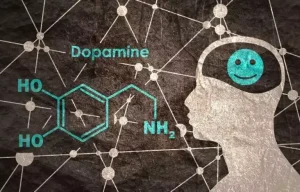
Paxil vs Zoloft: Comparing medications
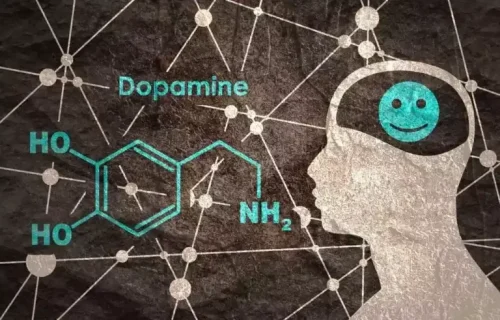
“Lack of sleep can heighten anxiety levels and increase the likelihood of panic attacks,” Oeswein says. She adds that alcohol can cause sleep disturbances, which is another reason it may contribute to anxiety symptoms. You can look out for signs indicating that alcohol consumption may be affecting your anxiety. These signs may include increased feelings of anxiety or depression, difficulty controlling alcohol intake, experiencing withdrawal symptoms, and using alcohol to cope with stress or emotions. When individuals utilize alcohol to cope with a social anxiety disorder can be extremely threatening.
Alcohol and anxiety, including panic attacks, have a complex and bidirectional relationship. Many people start to become dependent on alcohol because they believe it helps them deal with their panic attacks. Cognitive-behavioral therapy (CBT) is a primary treatment for alcohol anxiety. CBT helps individuals identify and change negative thought patterns and behaviors. Therapists may use exposure therapy to gradually reduce anxiety responses to alcohol-related triggers.



